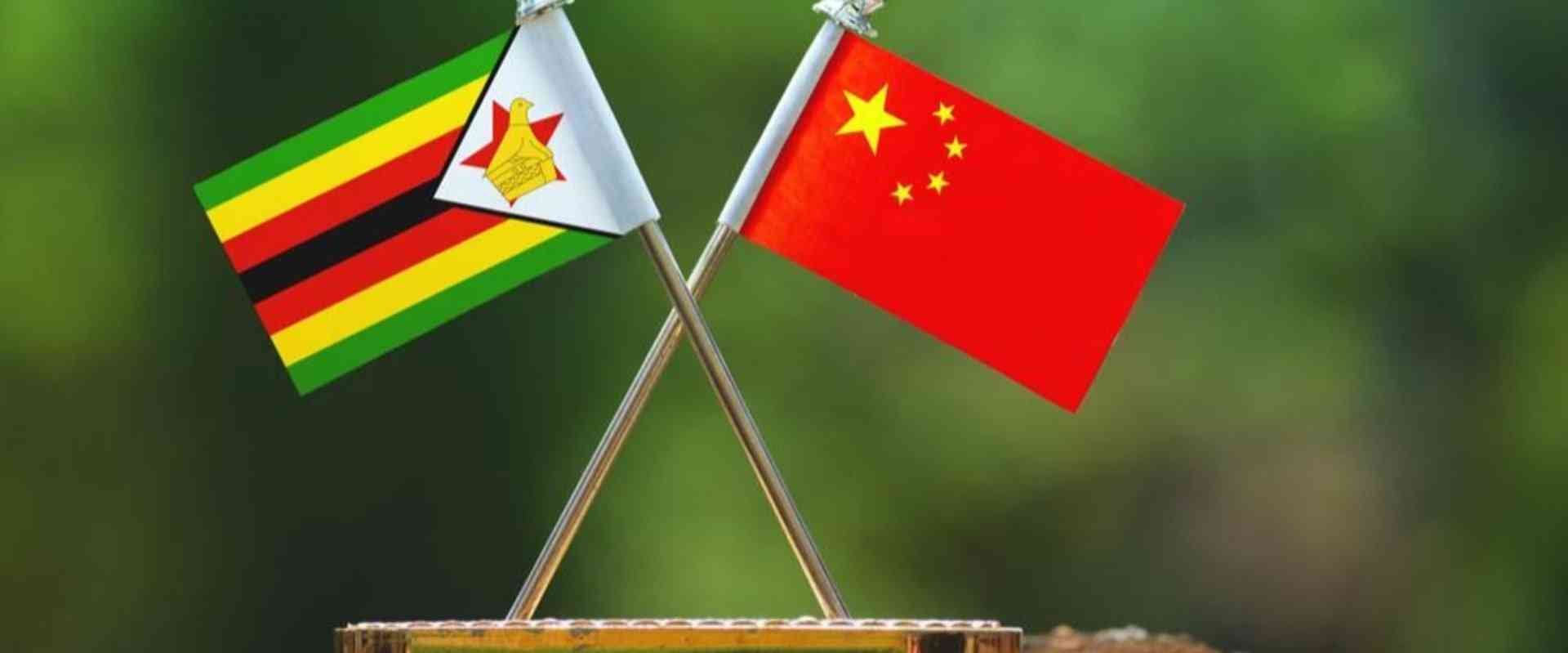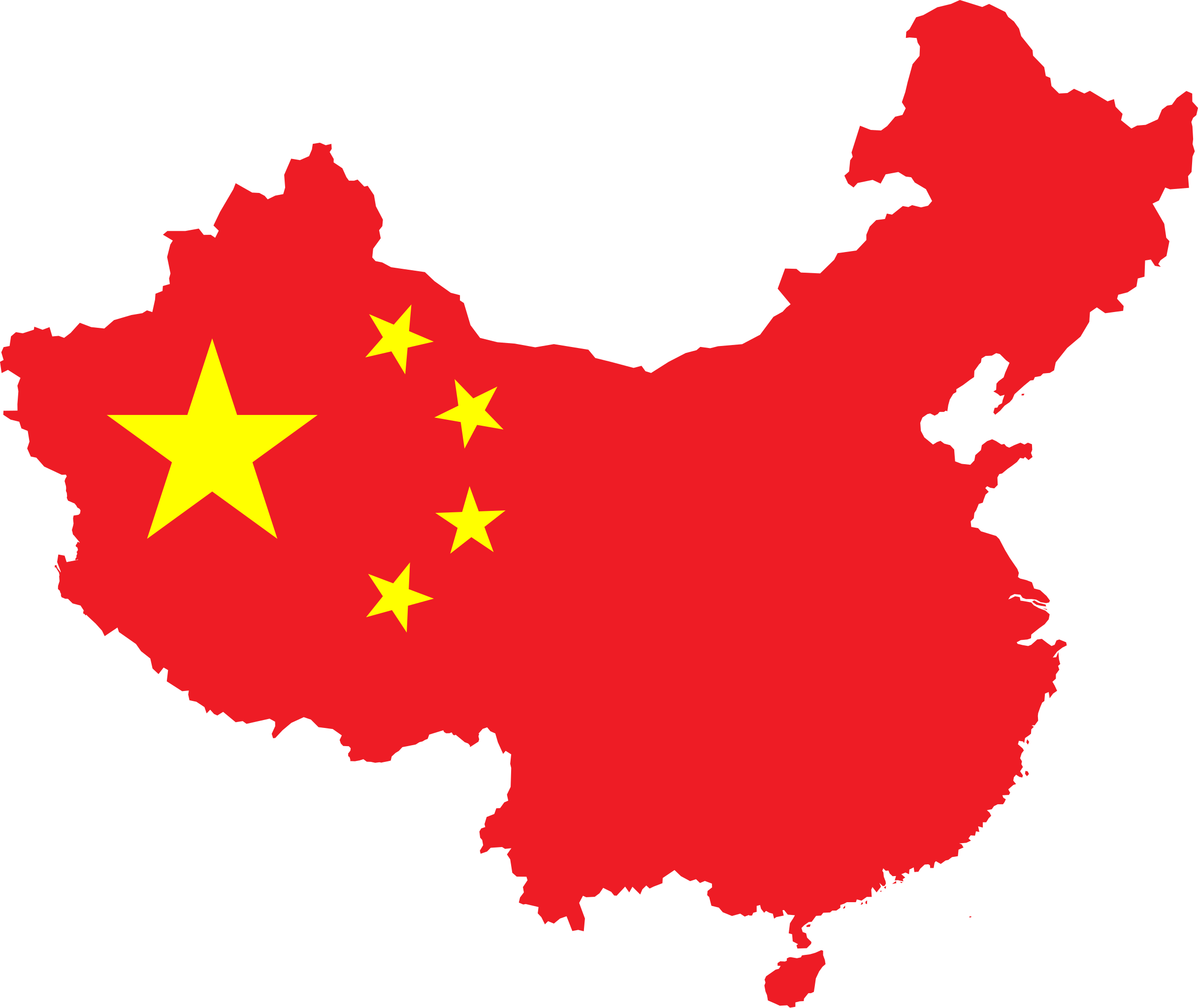
The relationship between the People’s Republic of China and the Republic of Zimbabwe is more than a diplomatic formality — it is a bond forged in the crucible of Zimbabwe’s liberation struggle, strengthened by decades of mutual trust, and institutionalised through a Comprehensive Strategic Partnership of Cooperation.
From the majestic new Parliament Building in Mt. Hampden to the humming turbines of the Hwange Power Station expansion, China’s footprint in Zimbabwe’s development is visible and transformative. Yet, this partnership has not escaped criticism.
A persistent, politically charged narrative seeks to brand China’s engagement as “neo-colonial,” portraying it as exploitative and elite-serving.
This article dismantles that narrative — with facts, context, and clarity — to show that China’s investment model in Zimbabwe is the antithesis of colonialism, grounded in respect for sovereignty, adherence to legality, and pursuit of mutual benefit.
The claim that China represents a new colonial power in Africa is a misrepresentation of history and an affront to the principle of sovereignty.
Colonialism, by definition, was built on conquest, coercion, and control. It involved the imposition of foreign rule, forced labor, and the systematic dismantling of local governance — all justified through racial and economic domination.
In contrast, China’s presence in Zimbabwe is rooted in consent and cooperation.
Chinese companies are not invaders; they are invited investors who operate under Zimbabwean law.
- Mavhunga puts DeMbare into Chibuku quarterfinals
- The brains behind Matavire’s immortalisation
- Bulls to charge into Zimbabwe gold stocks
- Ndiraya concerned as goals dry up
Keep Reading
Every project — whether in lithium, steel, or infrastructure — follows formal procedures: licensing, contractual agreements, and regulatory approval by relevant government ministries.
Unlike colonial powers, China cannot and does not impose its will. It abides by the Labour Act, the Environmental Management Act, the Mines and Minerals Act, and the national tax code.
These legal frameworks explicitly define and constrain its activities — a clear indication of Zimbabwe’s sovereignty.
The foundation of this bilateral relationship lies in the Five Principles of Peaceful Coexistence — mutual respect for sovereignty, non-interference, equality, mutual benefit, and peaceful coexistence.
Labeling this partnership as “neo-colonialism” is not only factually inaccurate but also trivialises the true horrors of historical colonialism that Zimbabweans fought valiantly to overcome.
“Looting” implies theft — an unlawful seizure of property without consent or compensation.
Yet, Chinese firms in Zimbabwe operate under legally binding contracts, paying royalties, taxes, and duties to the Zimbabwean government.
These are structured, taxable commercial activities — not acts of plunder. The government retains sovereign authority to regulate, tax, or reform these operations at any time.
For example:
- Royalties compensate the State for the extraction of national resources.
- Corporate taxes contribute to the Treasury.
- Duties and levies generate additional public revenue.
Chinese investments, cumulatively exceeding US$4 billion, have become Zimbabwe’s largest source of foreign direct investment (FDI). This capital has enabled:
- Exploration and development in sectors where local capital is insufficient.
- Infrastructure revitalization, such as the Hwange Thermal Power Station Units 7 and 8 and the Robert Gabriel Mugabe International Airport expansion.
- Value addition and industrialization, particularly in the lithium sector — where, unlike the extractive patterns of colonial-era powers, investments now prioritise local processing and manufacturing over raw material exports.
Such activities mark a departure from colonial patterns, where resources were extracted and exported without benefit to the local economy.
Critics often argue that Chinese investments benefit only political elites. While elite capture is a risk in any large-scale project, the evidence in Zimbabwe suggests widespread socioeconomic impact far beyond the ruling class.
Chinese cooperation supports over one million livelihoods directly and indirectly — through employment in mining, construction, manufacturing, and agriculture. These jobs sustain families, build skills, and contribute to economic stability.
Key examples include:
- Manufacturing and Industry: Chinese investments in steel, cement, ceramics, and fertilisers have significantly revived Zimbabwe’s industrial base, reducing production costs and making essential goods more affordable.
- Public infrastructure: The New Parliament Building, National Pharmaceutical Warehouse, and the nationwide borehole drilling program are public assets that directly serve communities — not private elites.
- Human capital development: Hundreds of Zimbabweans benefit annually from scholarships, technical training, and health missions facilitated by China. Medical teams provide free services to thousands, while vocational programs transfer critical, job-relevant skills to local workers.
This people-centered approach aligns perfectly with Zimbabwe’s national philosophy: “Nyika inovakwa nevene vayo” — a country is built by its own people. China’s role is to support, not supplant, that national vision.
To mistake partnership for pillage is to ignore the fundamental differences between modern cooperation and historical domination.
A genuine partner is invited, operates under local law, pays taxes, and contributes to human development.
A colonial power arrives uninvited, imposes foreign control, and extracts wealth without consent.
China’s model in Zimbabwe is the former — collaborative, lawful, and developmental.
The recurring “neo-colonial” narrative is often less about economics and more about geopolitical rivalry or domestic political rhetoric. It thrives on exaggeration and emotion rather than evidence.
Constructive engagement requires honest critique grounded in fact, as the Chinese ambassador to Zimbabwe Zhou Ding has repeatedly emphasised.
Zimbabwe’s focus should be on strengthening governance — specifically by ensuring transparency in contracts, accountability in revenue use, and sustainability in environmental practices.
China’s presence should not be feared but leveraged — as a source of technology, capital, and partnership for a self-reliant, industrialized Zimbabwe.
The China–Zimbabwe partnership is not a tale of exploitation, but a story of opportunity.
It reflects a sovereign choice by a self-governing nation to engage with a global partner on terms defined by mutual respect and shared progress.
To reduce this to a colonial trope is to misread the moment — and to underestimate Zimbabwe’s agency in charting its own destiny.
The future of this relationship, like the future of Zimbabwe itself, depends not on imported narratives but on facts, fairness, and the collective will to build.
* David Makora is a Harare-based political commentator and international affairs analyst.










